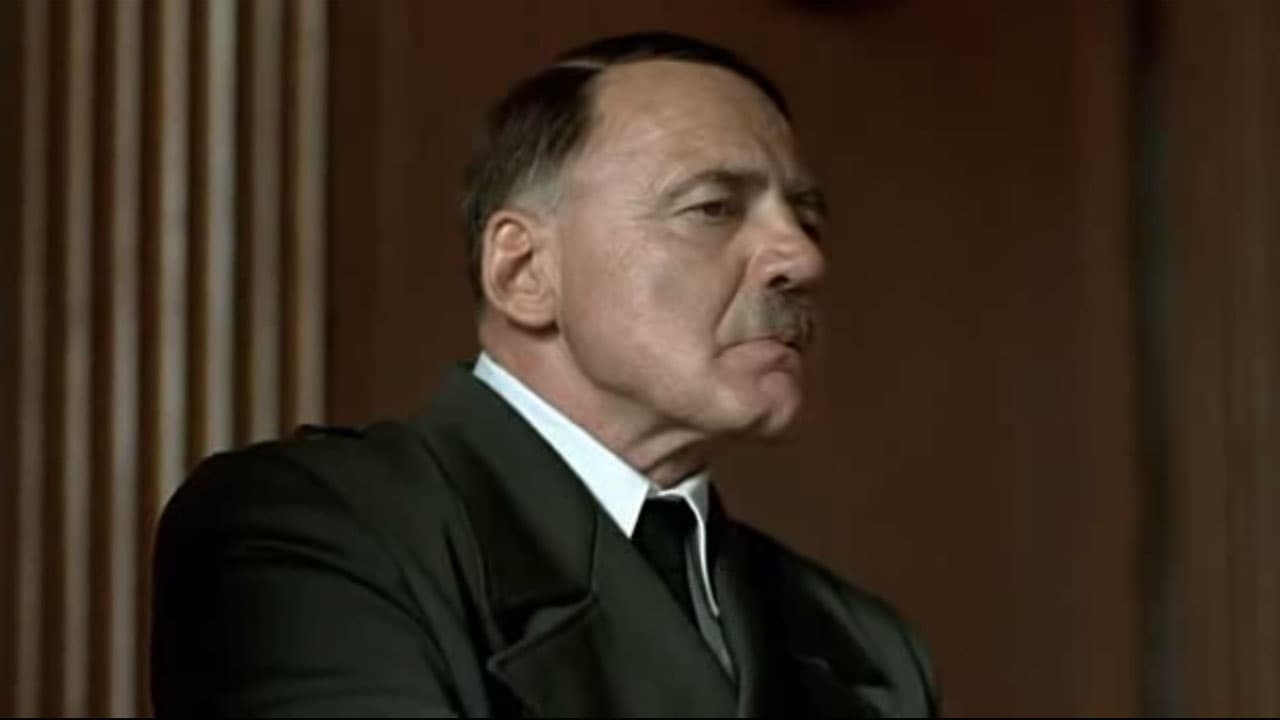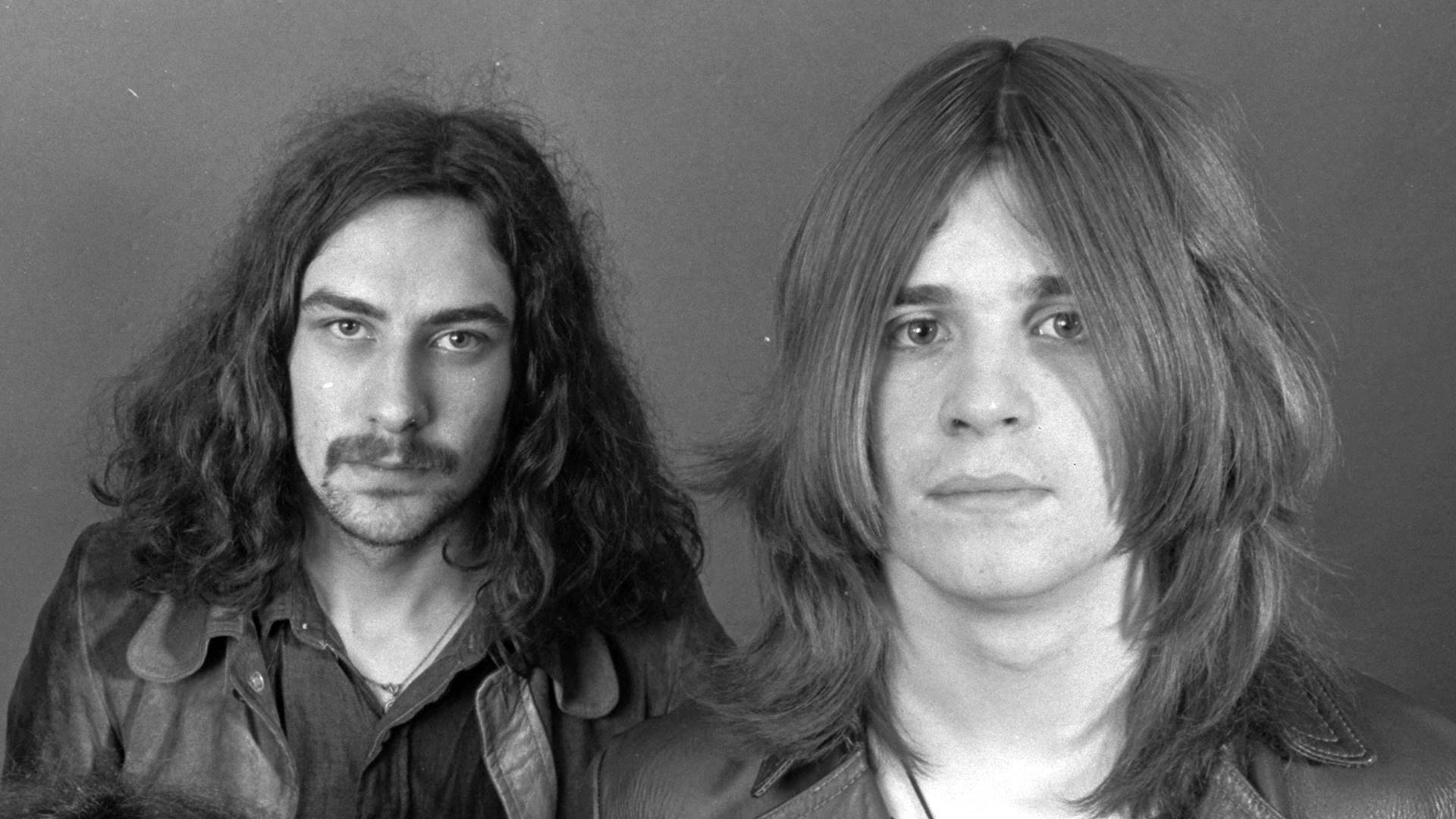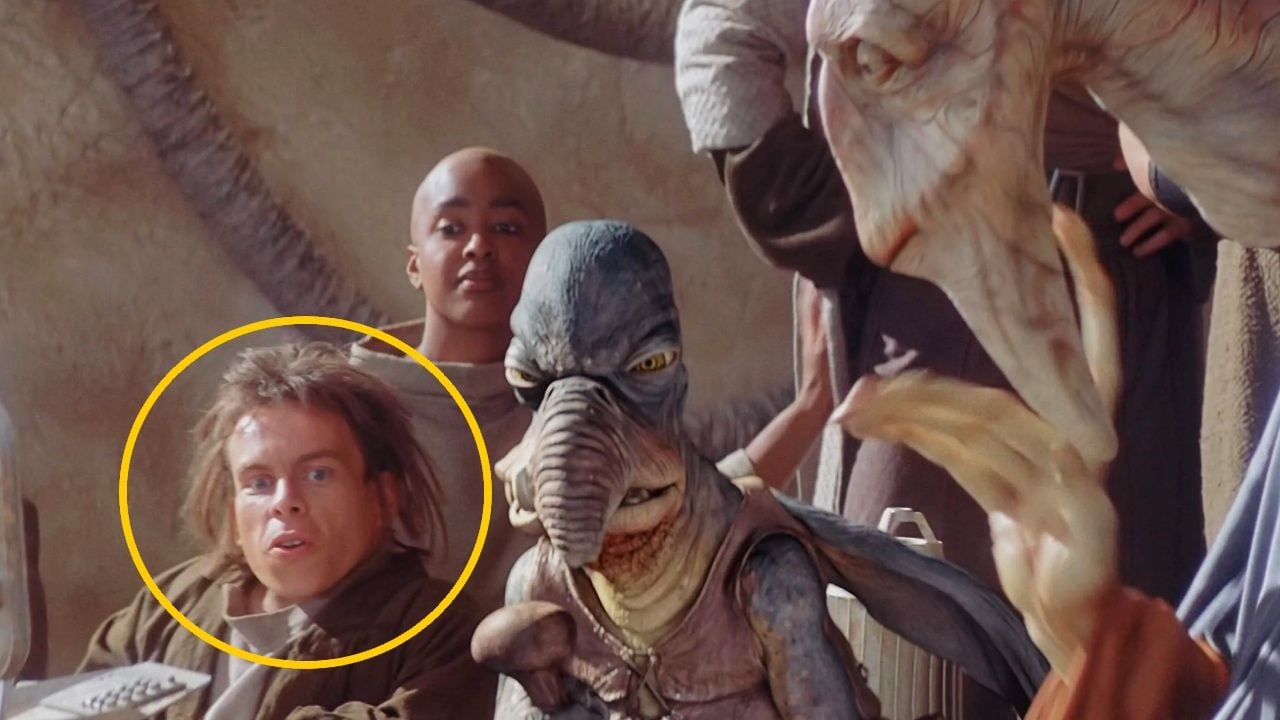The fallexcellent role of Bruno Ganz
In January 2005, French viewers discover Adolf Hitler’s last days in the German film The fall. In this historical drama by Oliver Hirschbiegel, the great Swiss actor Bruno Ganz, who passed away in February 2019, plays the Nazi dictator. Conversely, for example, the caricature of Charlie Chaplin in The dictatoralso contrary to the representation that Quentin Tarantino makes of it in Inglourious Basterdsthe problem of The fall is to approach the truth of the character, with a very exacting concern for realism. Above all, Adolf Hitler is the main character of The fall, which places the film on a shorter roster than where he’s a supporting character. List itself shorter than the one in which she makes a mere appearance.

Remarkable the performance of Bruno Ganz in the role of the one who is considered the human embodiment of absolute Evil. He earns him a reward, the Bayerischer Film Award for Best Actor in 2004. As well as a nomination for the Deutscher Filmpreis for best actor – equivalent to the César – in 2005. Other actors, dozens, have lent their features to Adolf Hitler in the history of cinema and television. In particular, among the most prestigious, Alec Guiness in Hitler’s Last Ten DaysAnthony Hopkins The bunker (1981), or even Ian McKellen in Countdown to war. But no one, according to the English historian James Rogers, a specialist in wars, has managed to equal Bruno Ganz.
The most complete performance
In an episode of History Hit media’s Warfare podcast, James Rogers judges the portrayals of dictators made in various historical films. Give his opinion on the matter Stalin (1992), Stalin’s death (2017), Valkyrie (2008), The last king of Scotland (2006), Twice the devil and so The fall (2004). For him it is in the latter that we find the most authentic incarnation of the Nazi dictator. Commenting the grand sequence From The fallthe one in which Hitler understands that the allied offensive on Berlin can no longer be resisted (videos above), James Rogers explains the following:
Bruno Ganz, who plays Hitler, has spent nights listening to Hitler’s private recordings, not his bellicose speeches, but rather those private moments in which Hitler appears weaker and more personal. He looks how he shakes. He may be the cocktail of drugs he was on at the time, and others have suggested more recently that he had all the symptoms of Parkinson’s disease before committing suicide. (…) The strength of the actor is phenomenal, and I think the emotion is all the stronger because it comes from the fact that we see him through the eyes of those around him.
Hitler was a very successful politician. But at the end of the war he was a completely broken person, and this is what Bruno Ganz manages to show so well. He conveys his power, his moments of glory. He shows how he got into the position of leading the country. Then he shows these pure moments of weakness and I think it’s something extraordinary that an actor can achieve this, when so many others have failed.
The fall was controversial, for this intimate portrait of Adolf Hitler that some felt too “humanizing”. More than cinema, it is rather a historiographical debate. To find out how, globally, it can be done the account of the actions of the leader of the Third Reich and his portrait. But as regards the technique of the “game” arranged by the actor and that of the staging, James Rogers points out here that this sequence, actually the “title sequence” of the film, offers the most authentic and complete possible part of the character by Adolf Hitler.
Source: Cine Serie
Ray Ortiz is a journalist at Gossipify, known for his coverage of trending news and current events. He is committed to providing readers with accurate and unbiased reporting, and is respected for his ability to keep readers informed on the latest news and issues.








